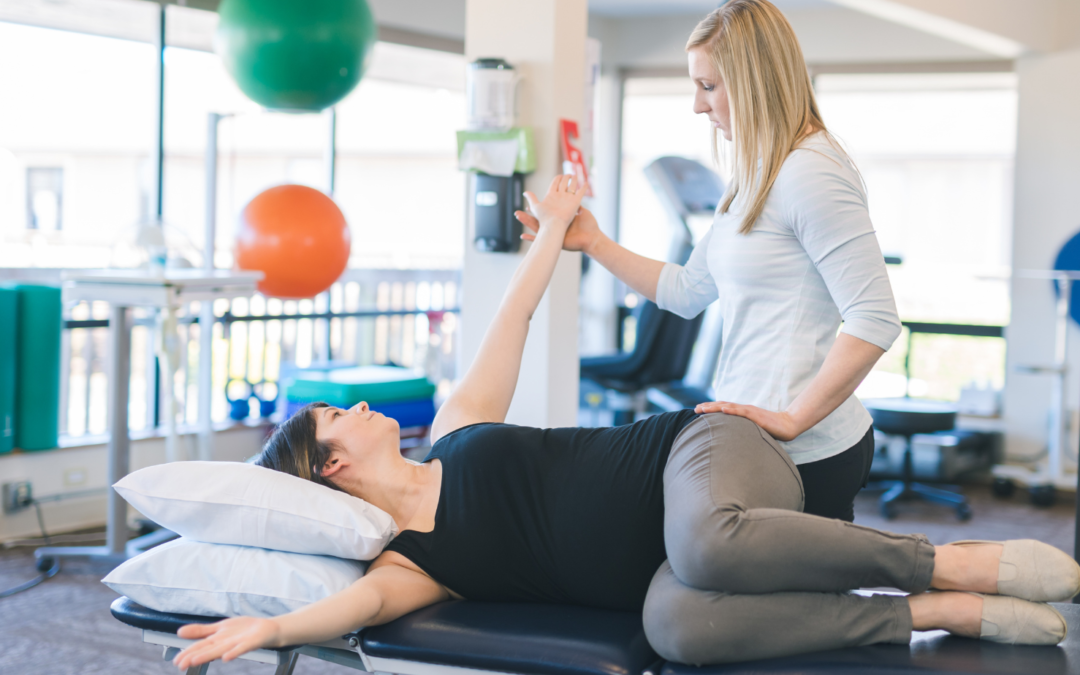
Unlocking Relief: Can Physical Therapy Help With Pain? Exploring the Benefits at Foundations Health and Physical Medicine
Introduction
Pain, a universal experience, often requires more than over-the-counter medications or rest for effective relief. In such instances, physical therapy emerges as a powerful solution. Can physical therapy help with pain? The resounding answer is yes! Let’s embark on a journey into the realm of physical therapy for pain at Foundations Health and Physical Medicine and unravel its transformative benefits.
Understanding Physical Therapy
Physical therapy, a cornerstone of rehabilitative health, employs specially designed exercises and equipment to enhance or restore physical abilities. Tailored for those recovering from injuries, surgeries, chronic conditions, or age-related issues, physical therapy is a holistic approach led by trained healthcare professionals.
Physical therapists guide patients through therapeutic exercises, manual therapies, and education about pain management techniques. Their overarching goal is to restore mobility, alleviate pain, and enhance overall quality of life.
How Does Physical Therapy Help With Pain?
Physical therapy offers a non-invasive and medication-free approach to pain management through various strategies:
- Targeted Exercises: Designed exercises strengthen muscles around painful joints, reducing stress and alleviating pain.
- Manual Therapy: Techniques like massage and manipulation enhance movement and relieve pain in soft tissues and joints.
- Education: Patients receive education about their conditions and effective strategies for managing symptoms at home.
- Posture Correction: Addressing poor posture helps prevent muscle imbalances and potential chronic pain.
- Pain Neuroscience Education: Patients gain insights into the science behind their pain, empowering them to control and manage it.
Physical Therapy for Pain: A Holistic Approach
Physical therapy adopts a holistic perspective, not merely focusing on symptom relief but also addressing the root cause of the problem. By improving strength, flexibility, and overall physical function, physical therapy aims to prevent recurring pain episodes.
Collaboration with other healthcare professionals is common in physical therapy, ensuring a comprehensive treatment plan for the patient. This integrated approach considers and addresses all aspects of a patient’s health.
Who Can Benefit From Physical Therapy for Pain?
Physical therapy is beneficial for individuals experiencing various types of pain, including:
- Chronic Pain: Effective for managing conditions like fibromyalgia, arthritis, or neuropathic pain persisting for months or years.
- Post-Surgical Pain: Assists in restoring movement and functionality while managing post-operative discomfort.
- Sports-Related Injuries: Athletes utilize physical therapy for recovery and injury prevention, enhancing their performance.
- Age-Related Issues: Older adults find relief from pain associated with conditions like osteoporosis or arthritis.
Foundations Health and Physical Medicine – Your Partner in Pain Relief
In conclusion, the effectiveness of physical therapy for pain is evident in its focus on non-invasive techniques and personalized treatment plans. If you’re grappling with persistent or chronic pain, consider consulting Foundations Health and Physical Medicine for a transformative and personalized approach to pain relief.
Every individual is unique, and the most effective pain management strategy varies. Work closely with our healthcare experts to determine the approach that suits your needs best. Contact us at (906) 563-5871 or visit our website to embark on your journey to pain-free living with Foundations Health and Physical Medicine.

